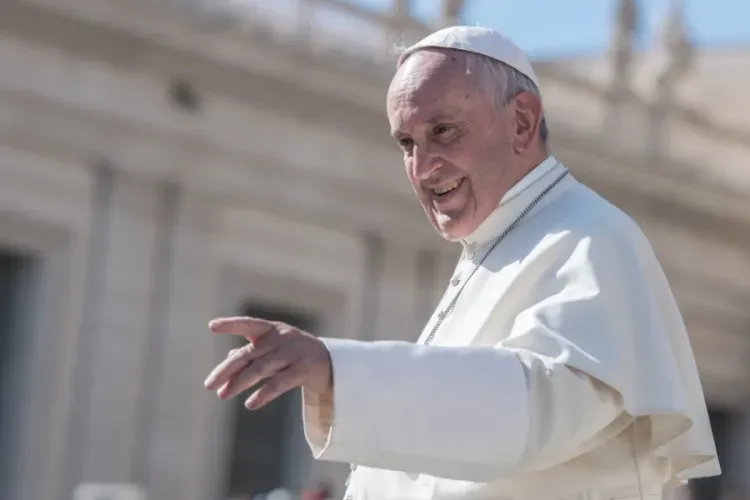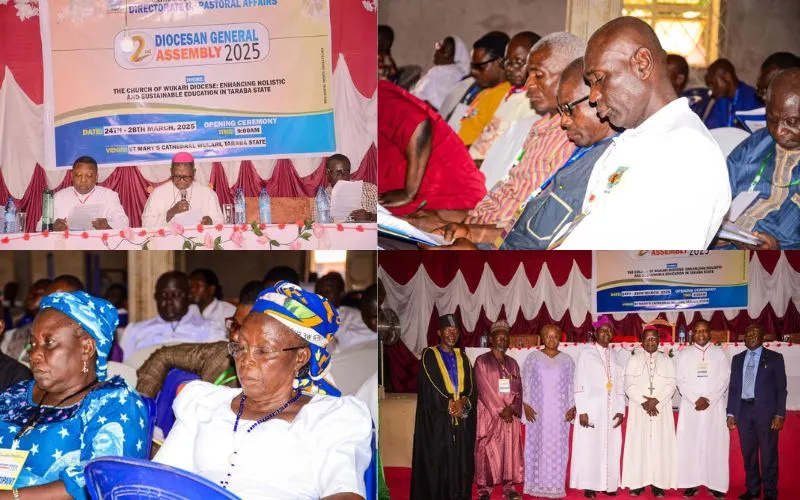The pope’s message was entrusted to Cardinal Peter Turkson, prefect of the Vatican’s Dicastery for Promoting Integral Human Development, to be presented during the April 5-11 meetings of the international financial institutions.
The pope wrote: “In this past year, as a result of the COVID-19 pandemic, our world has been forced to confront a series of grave and interrelated socio-economic, ecological, and political crises.”
“It is my hope that your discussions will contribute to a model of ‘recovery’ capable of generating new, more inclusive, and sustainable solutions to support the real economy, assisting individuals and communities to achieve their deepest aspirations and the universal common good.”
He added: “The notion of recovery cannot be content to a return to an unequal and unsustainable model of economic and social life, where a tiny minority of the world’s population owns half of its wealth.”
In the message, Pope Francis urged the World Bank and IMF’s experts to focus on “the interconnectedness between people.” Citing his recent encyclical, Fratelli tutti, he encouraged them to build a “culture of encounter” by including the marginalized in “long-term inclusive projects.”
The pope repeated his call for the cancelation of the debts of poor countries battling COVID-19, which he first made in his Easter “Urbi et Orbi” address in 2020.
“A spirit of global solidarity also demands at the least a significant reduction in the debt burden of the poorest nations, which has been exacerbated by the pandemic,” he wrote in the message, dated April 4.
“Relieving the burden of debt of so many countries and communities today is a profoundly human gesture that can help people to develop, to have access to vaccines, health, education, and jobs.”
The pope also highlighted what he called the “ecological debt” between richer and poorer countries.
“In this regard, I believe that the financial industry, which is distinguished by its great creativity, will prove capable of developing agile mechanisms for calculating this ecological debt, so that developed countries can pay it, not only by significantly limiting their consumption of non-renewable energy or by assisting poorer countries to enact policies and programs of sustainable development, but also by covering the costs of the innovation required for that purpose,” he wrote.








